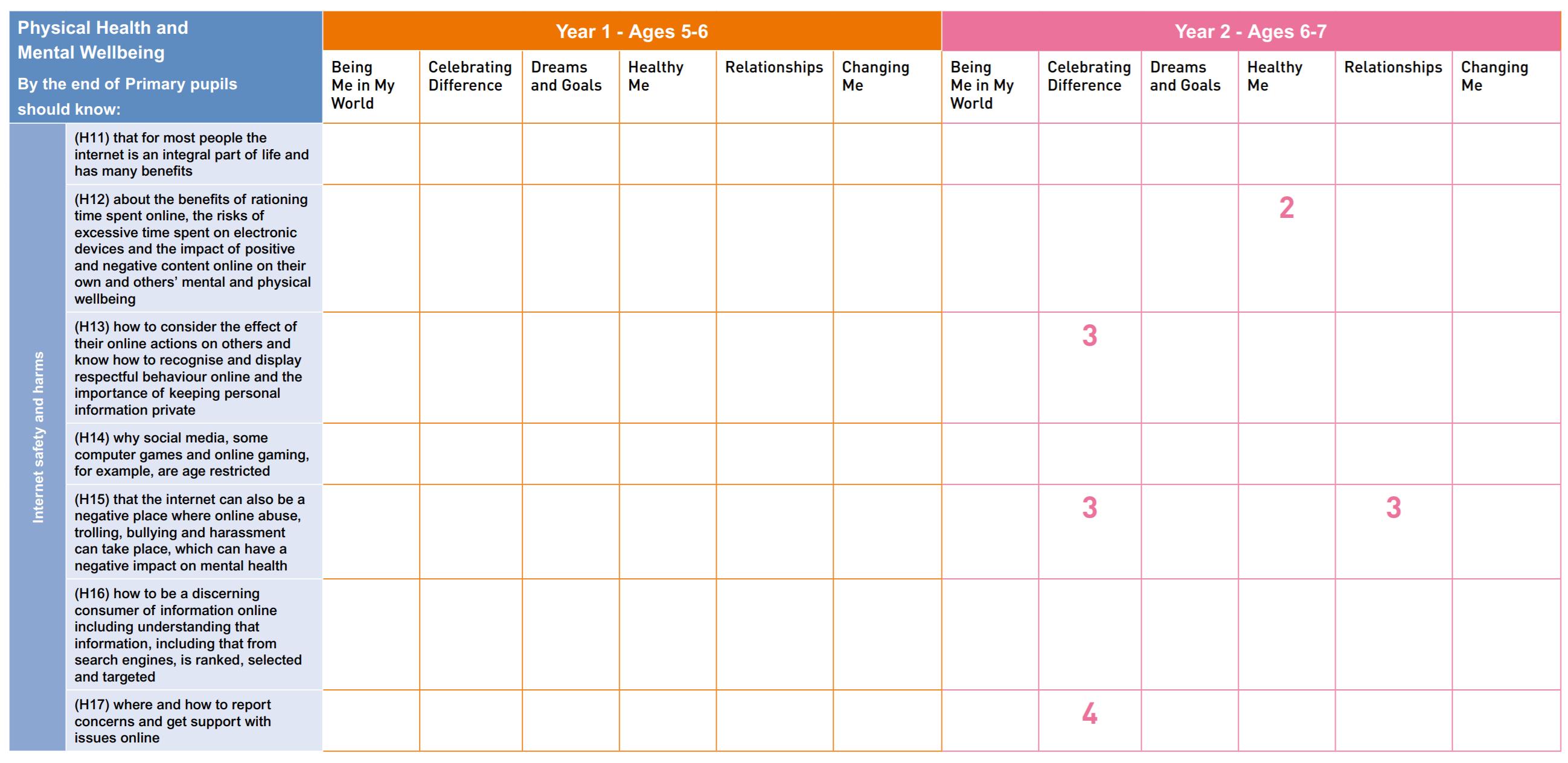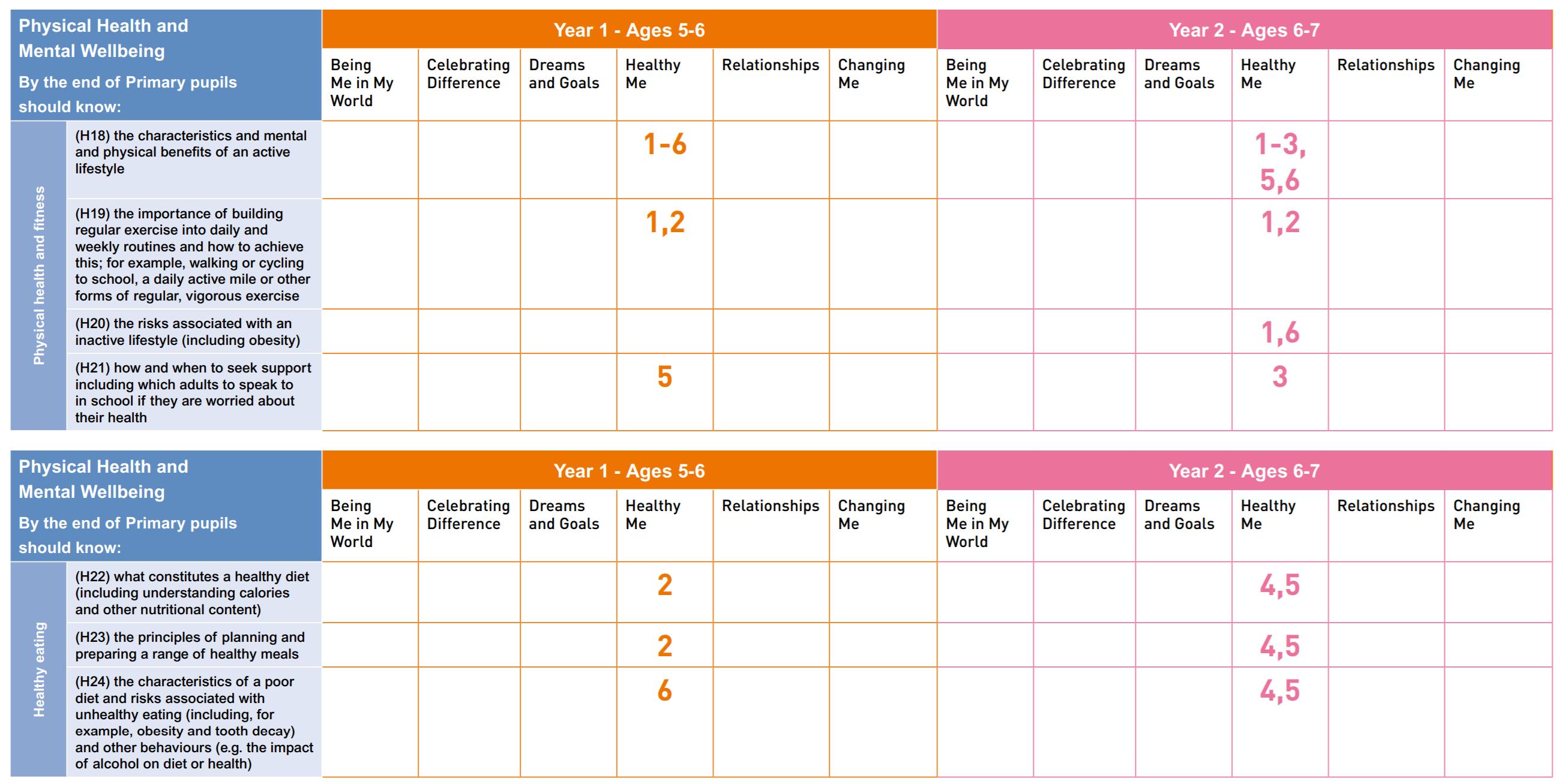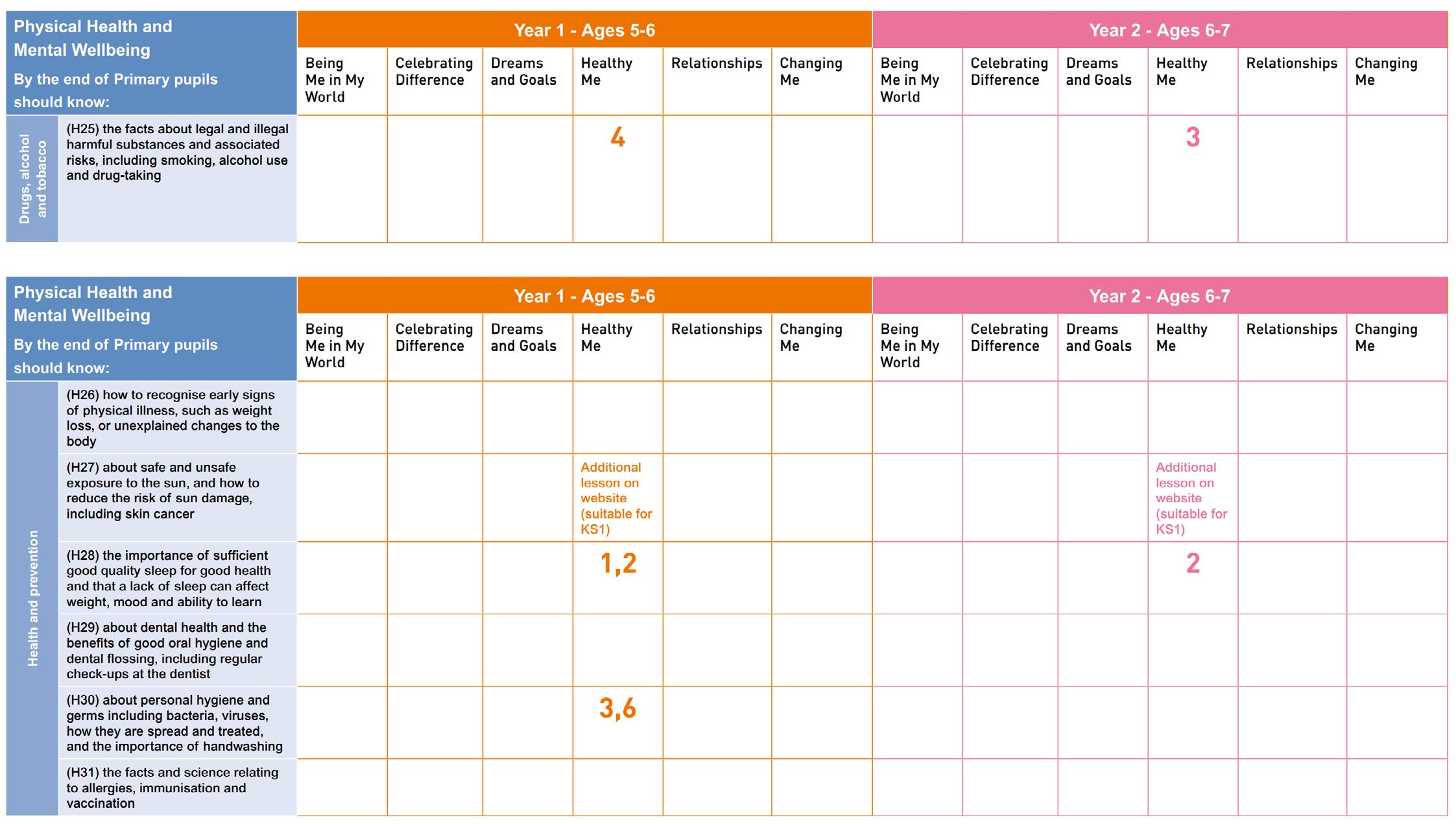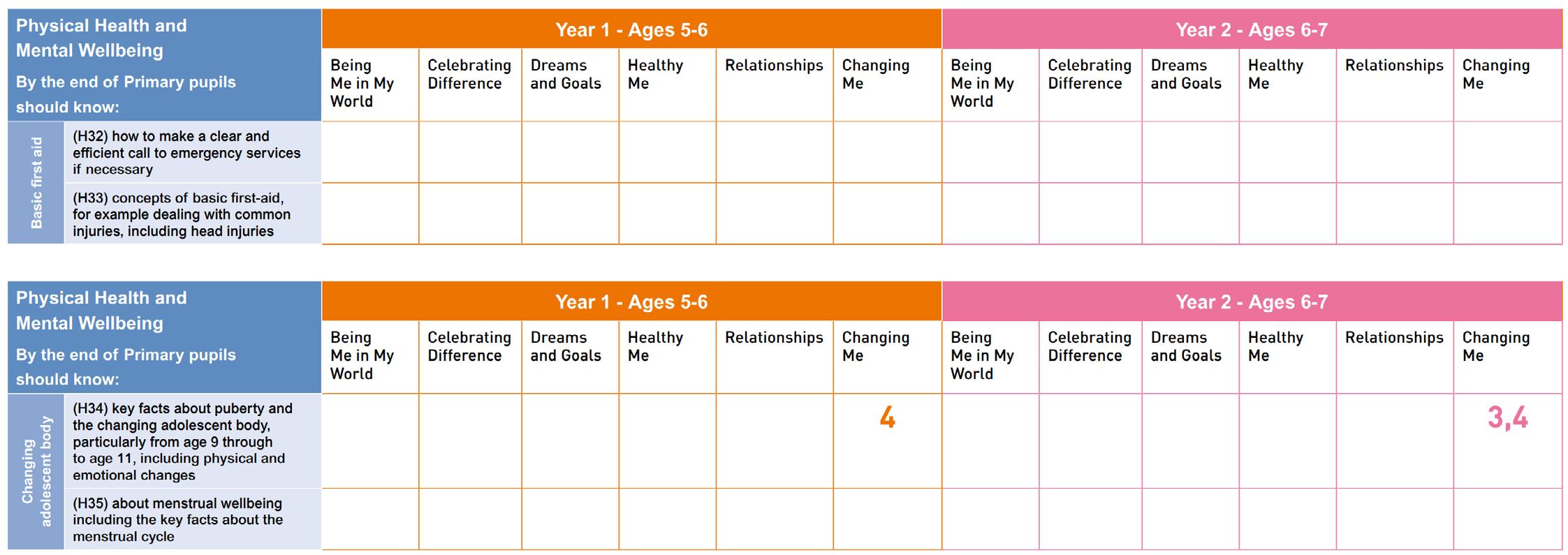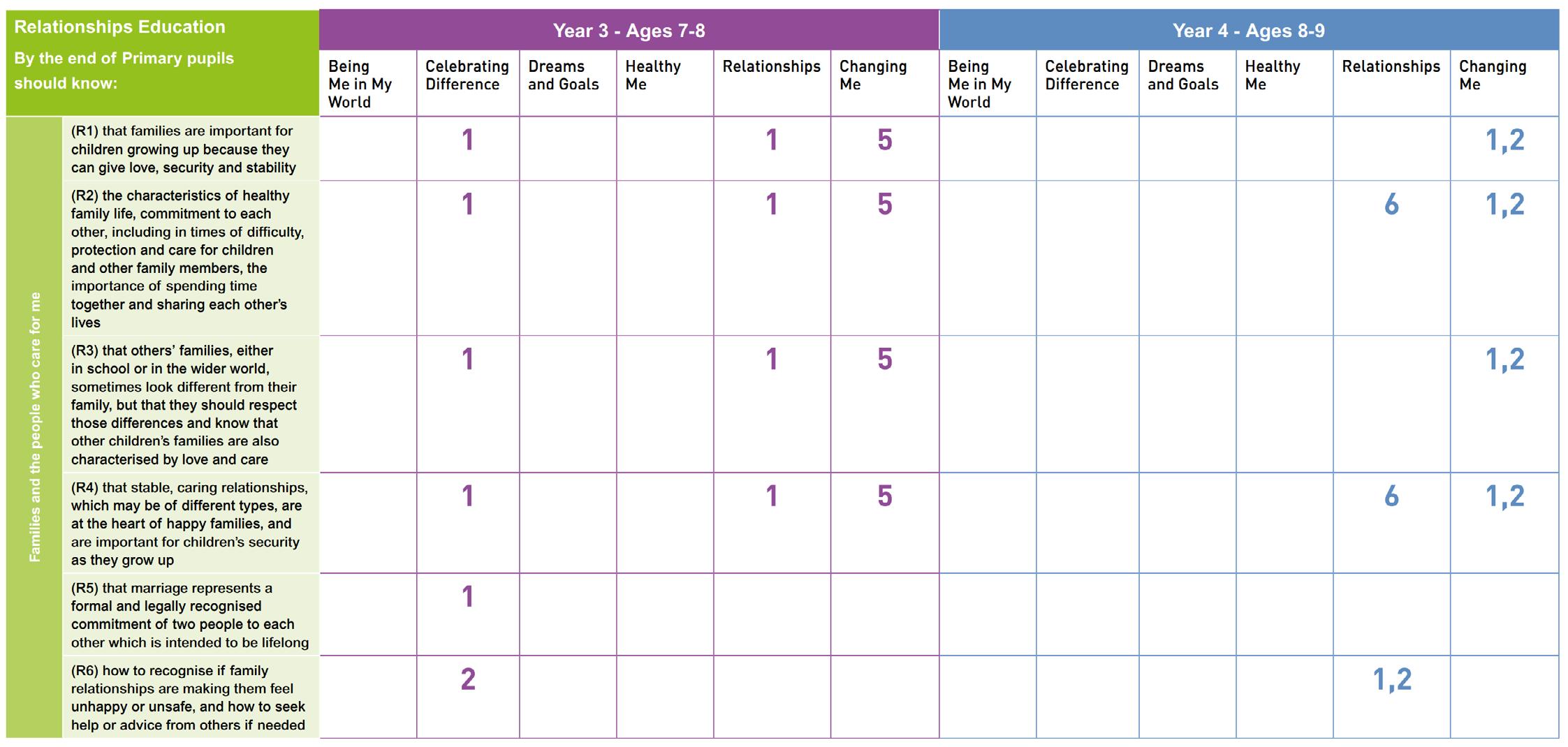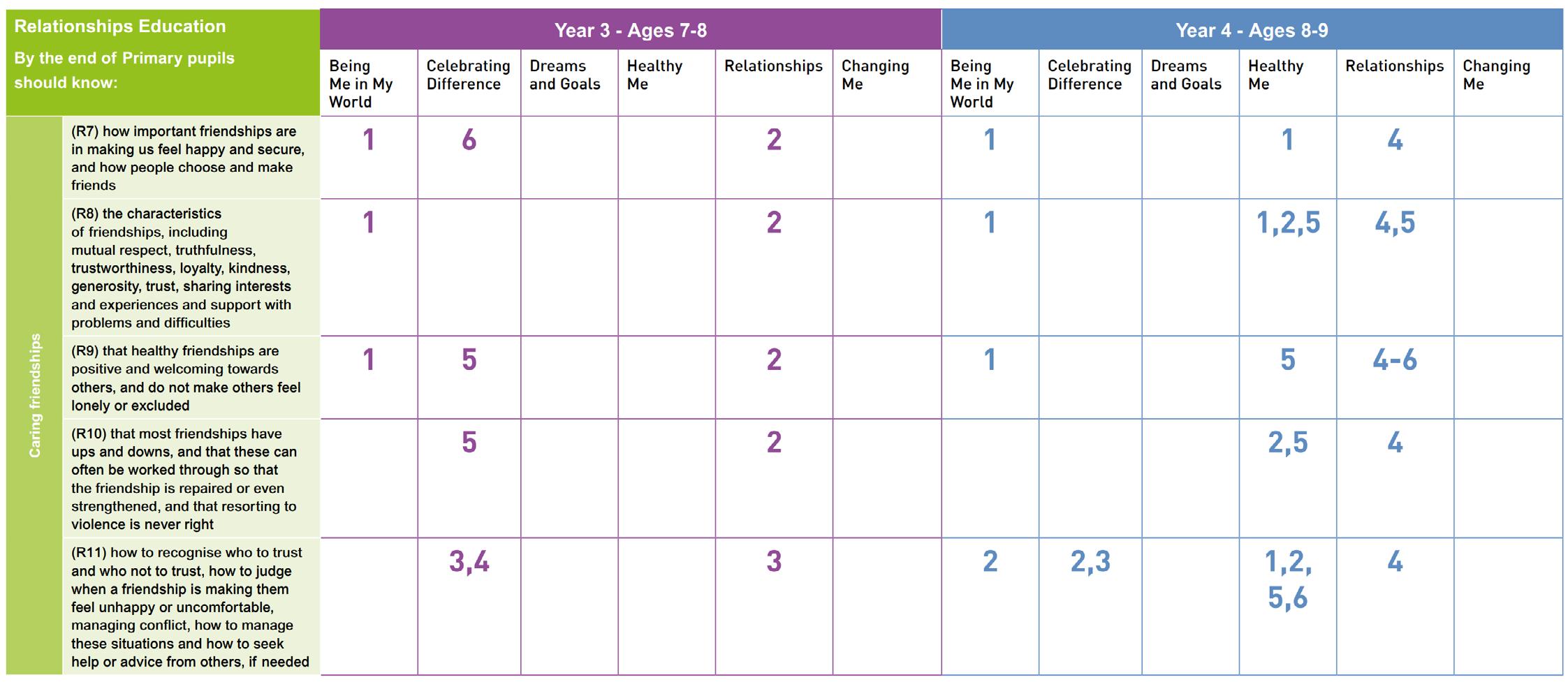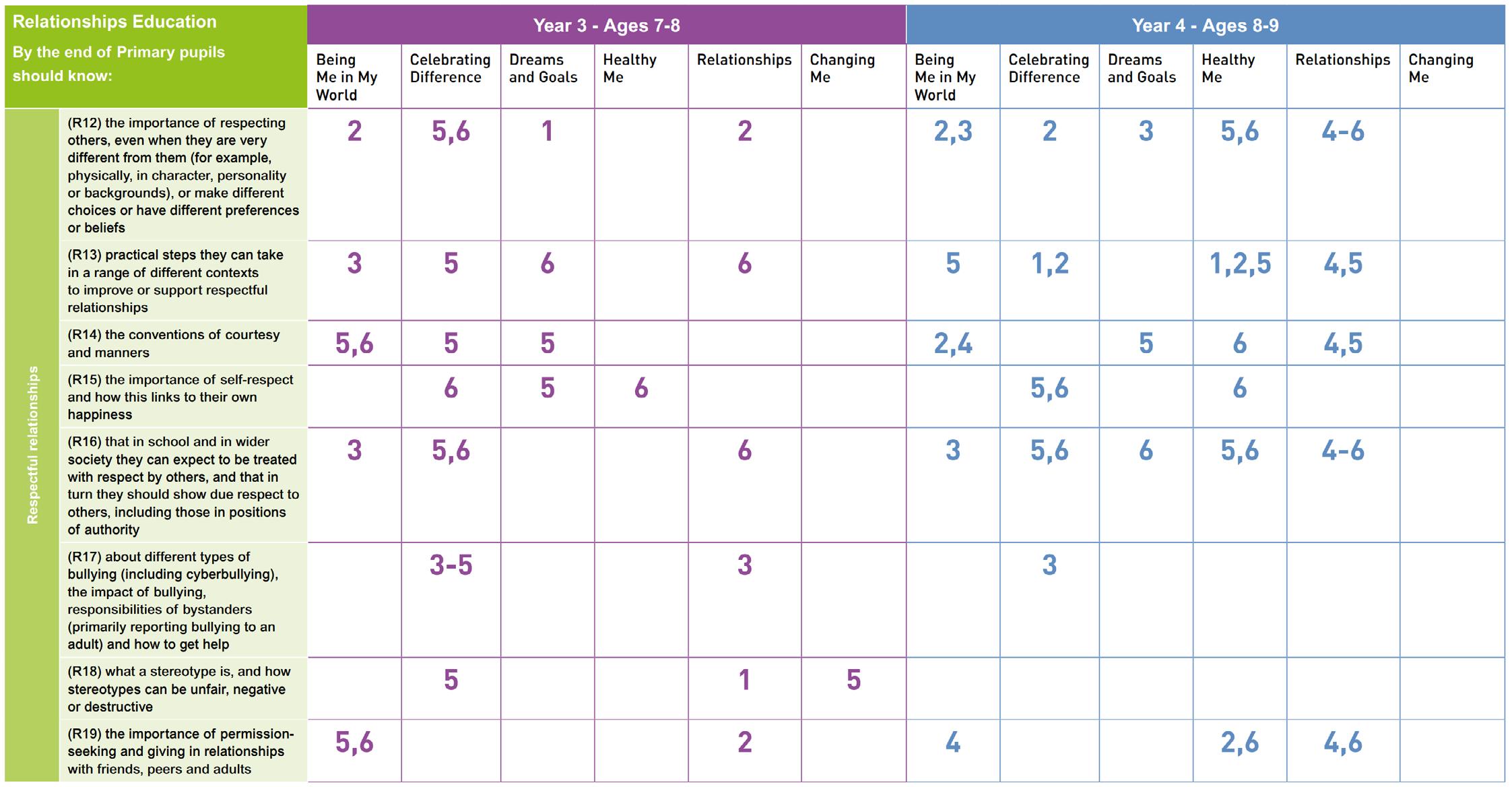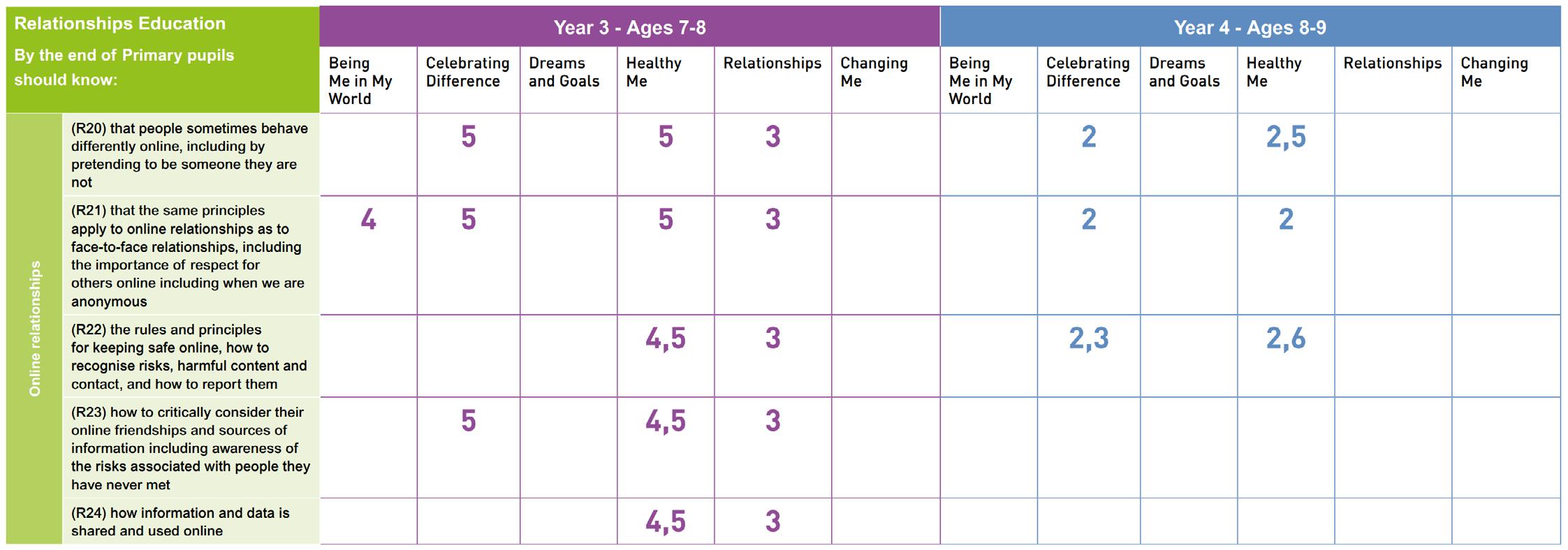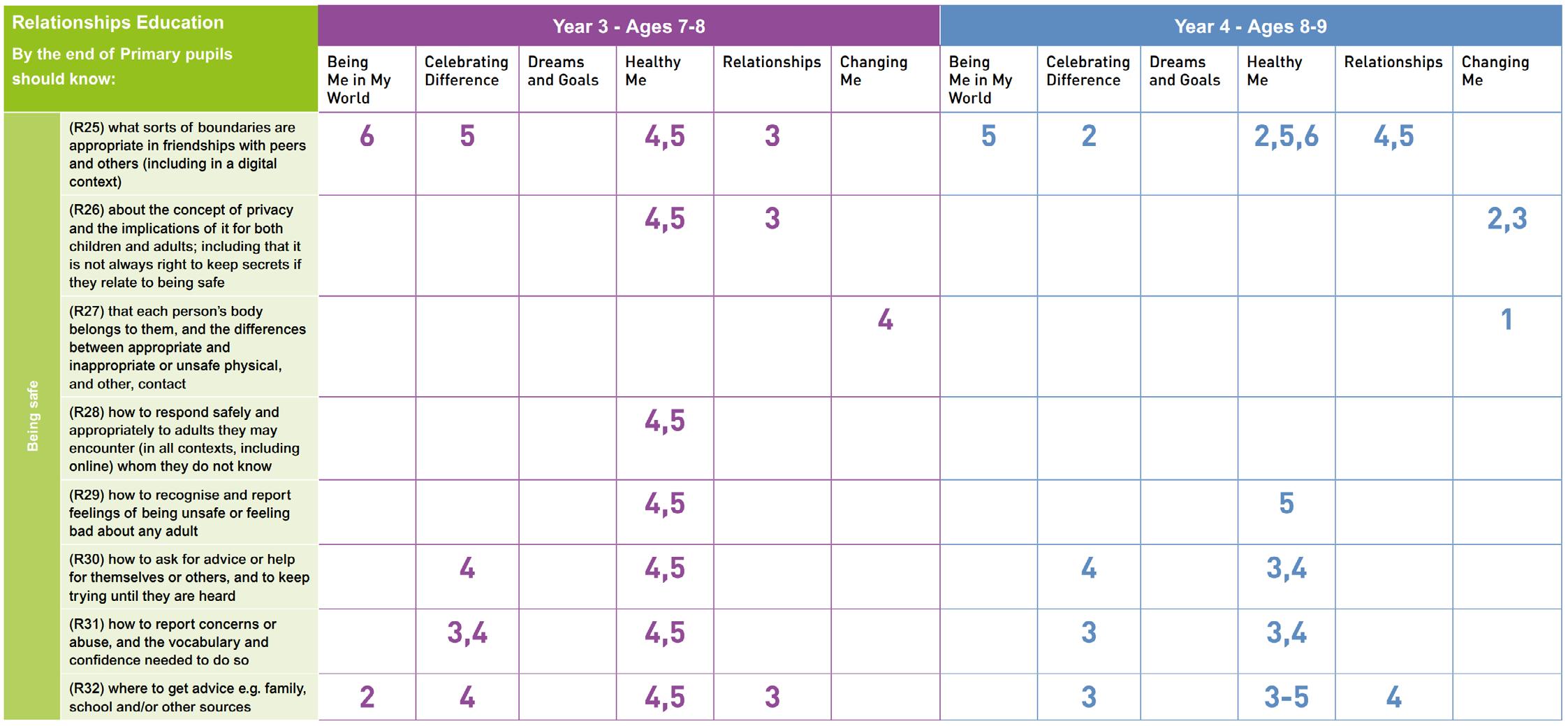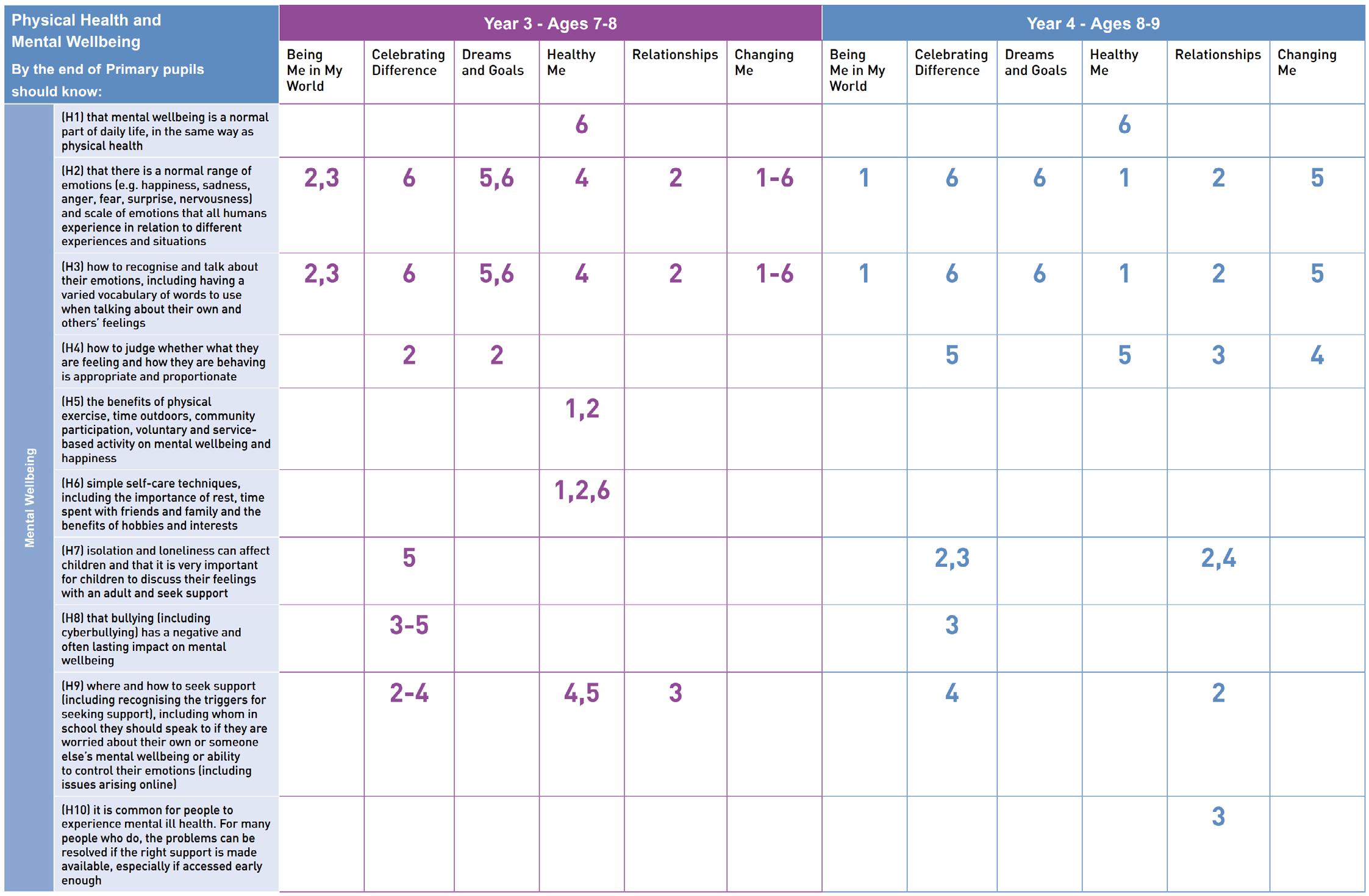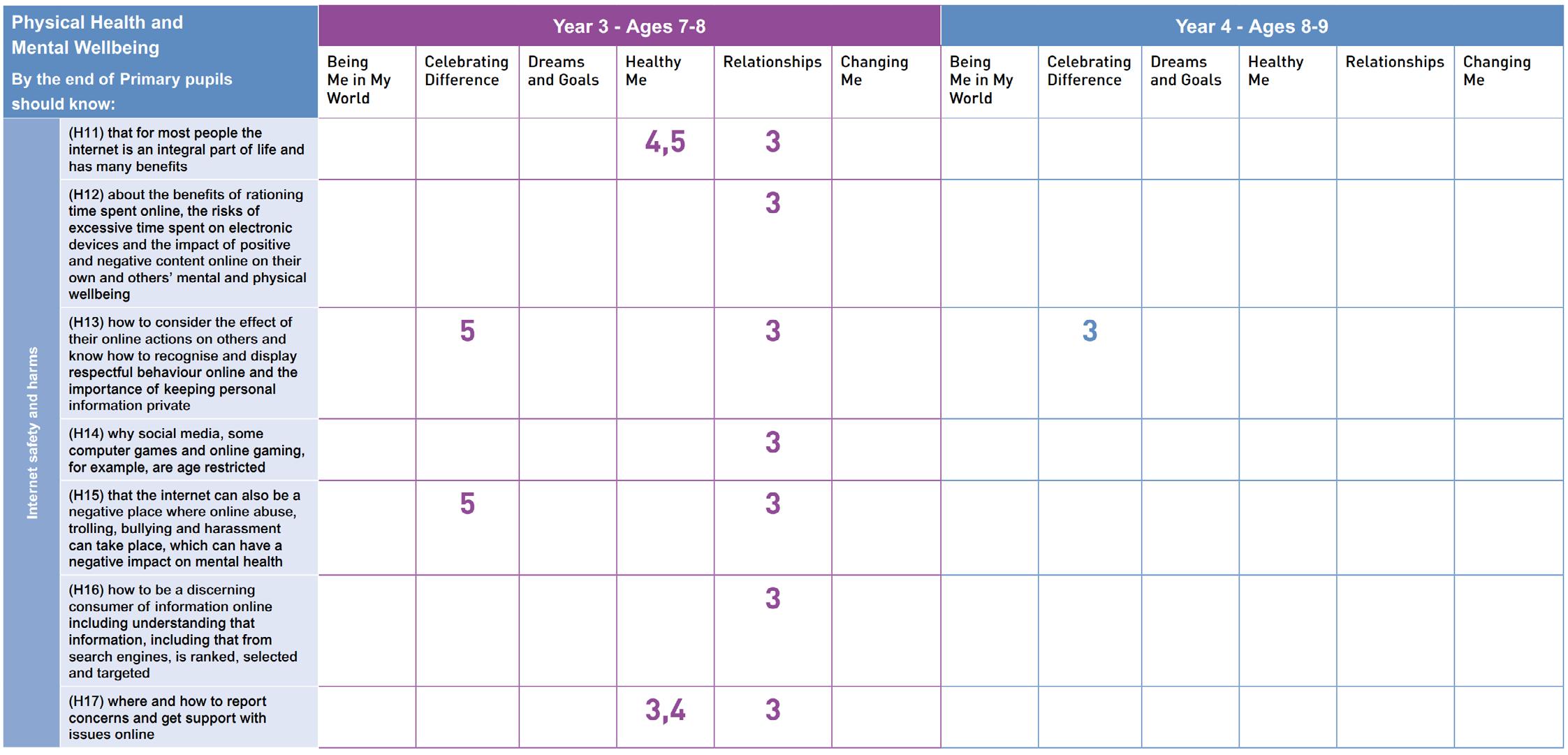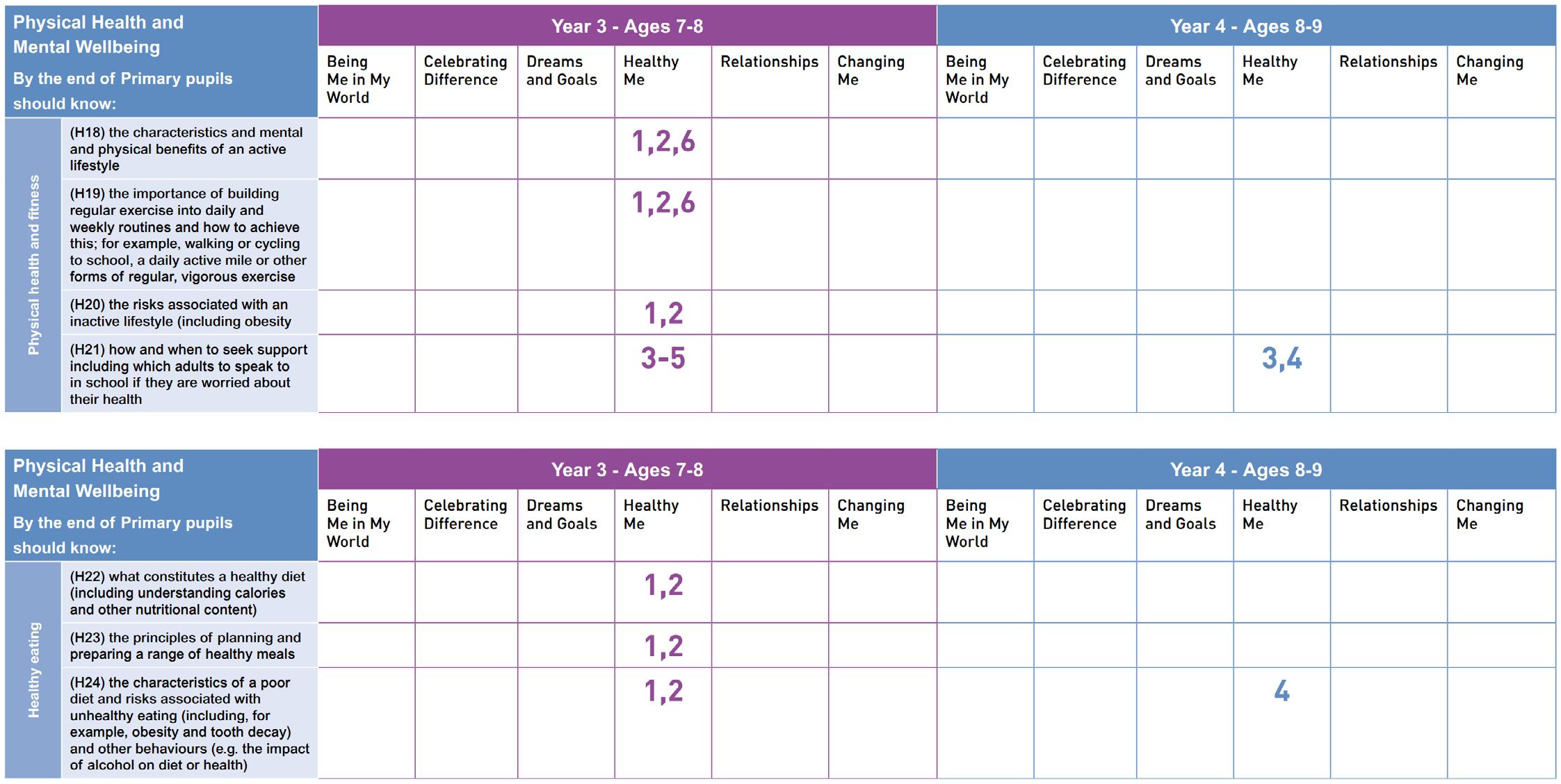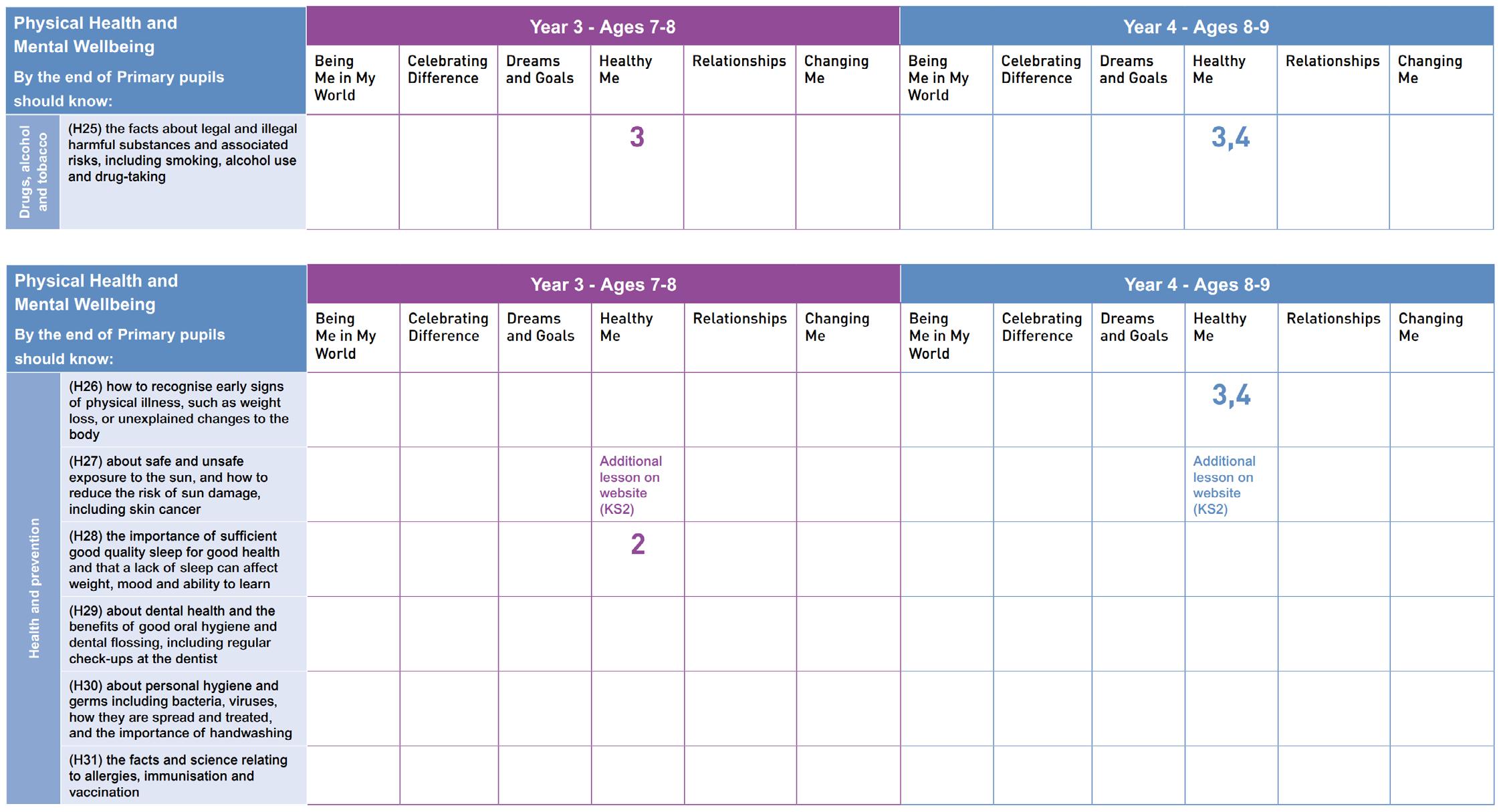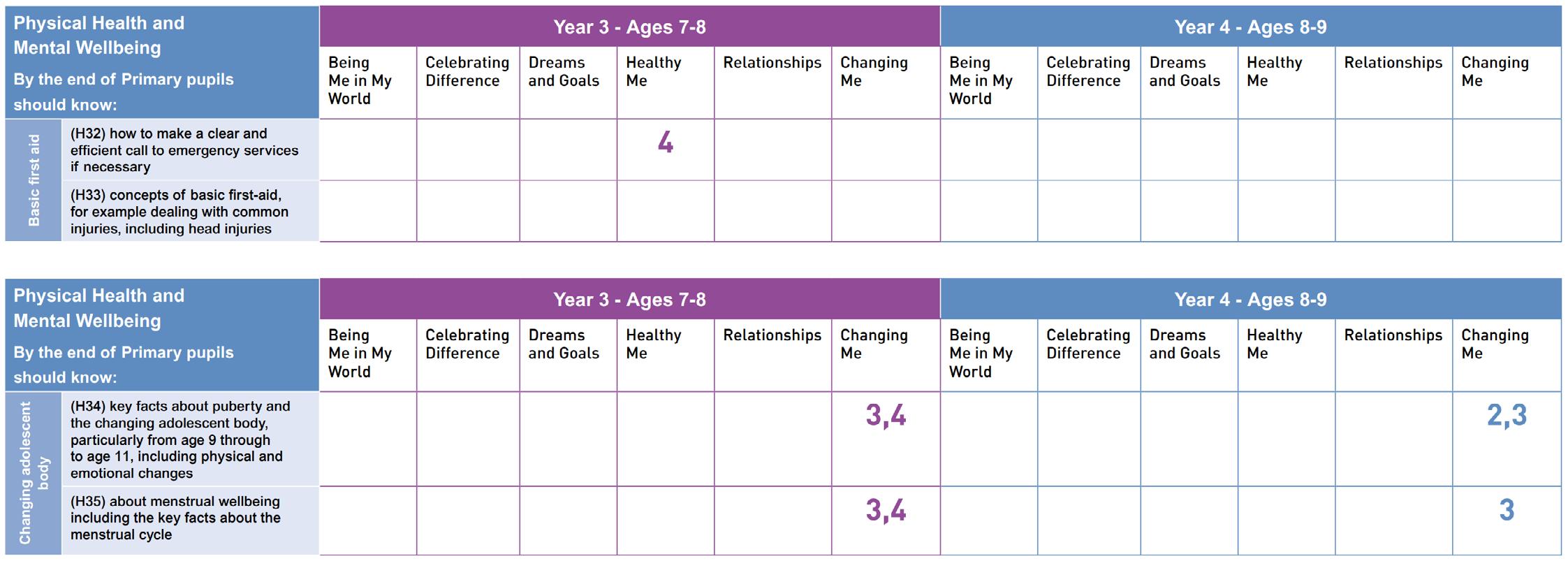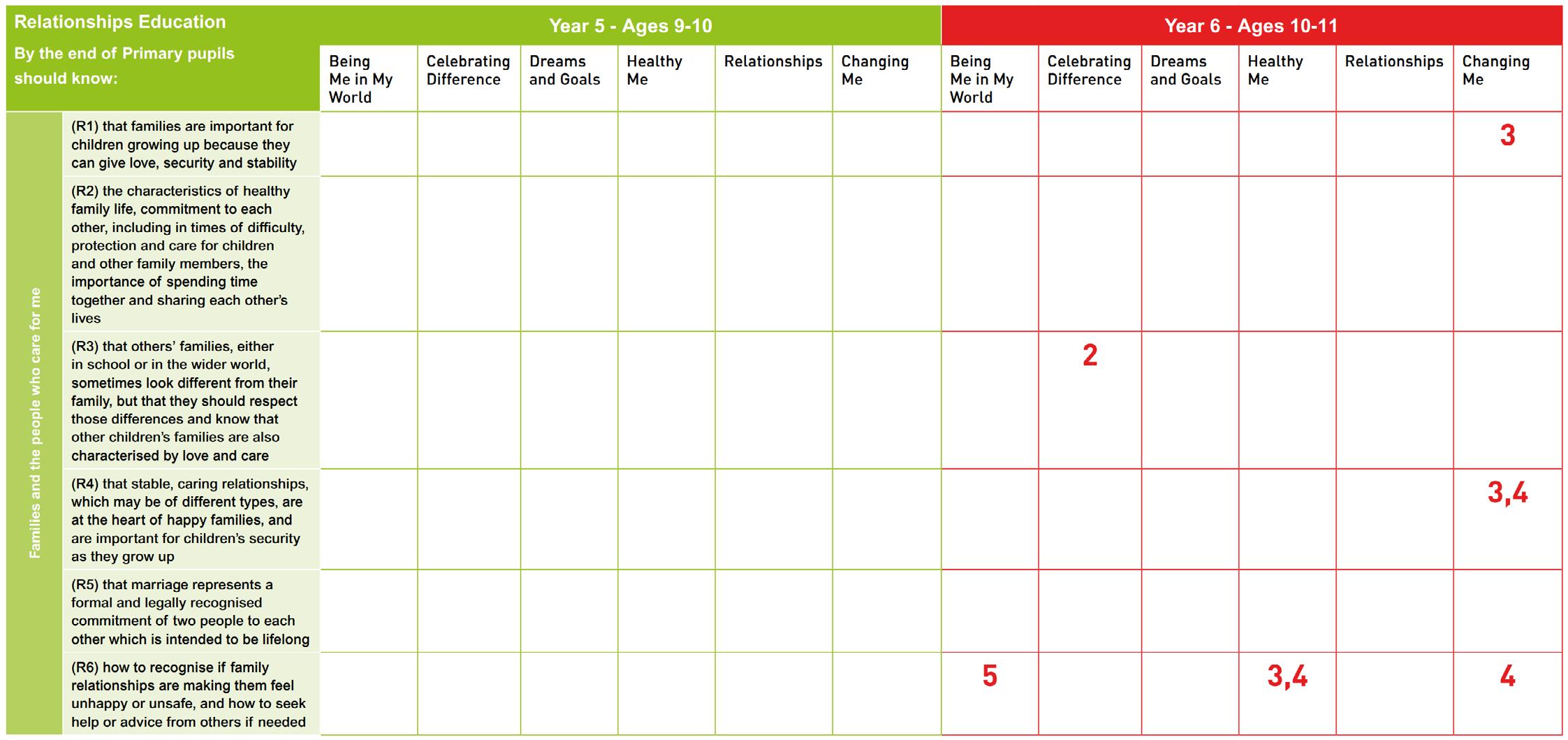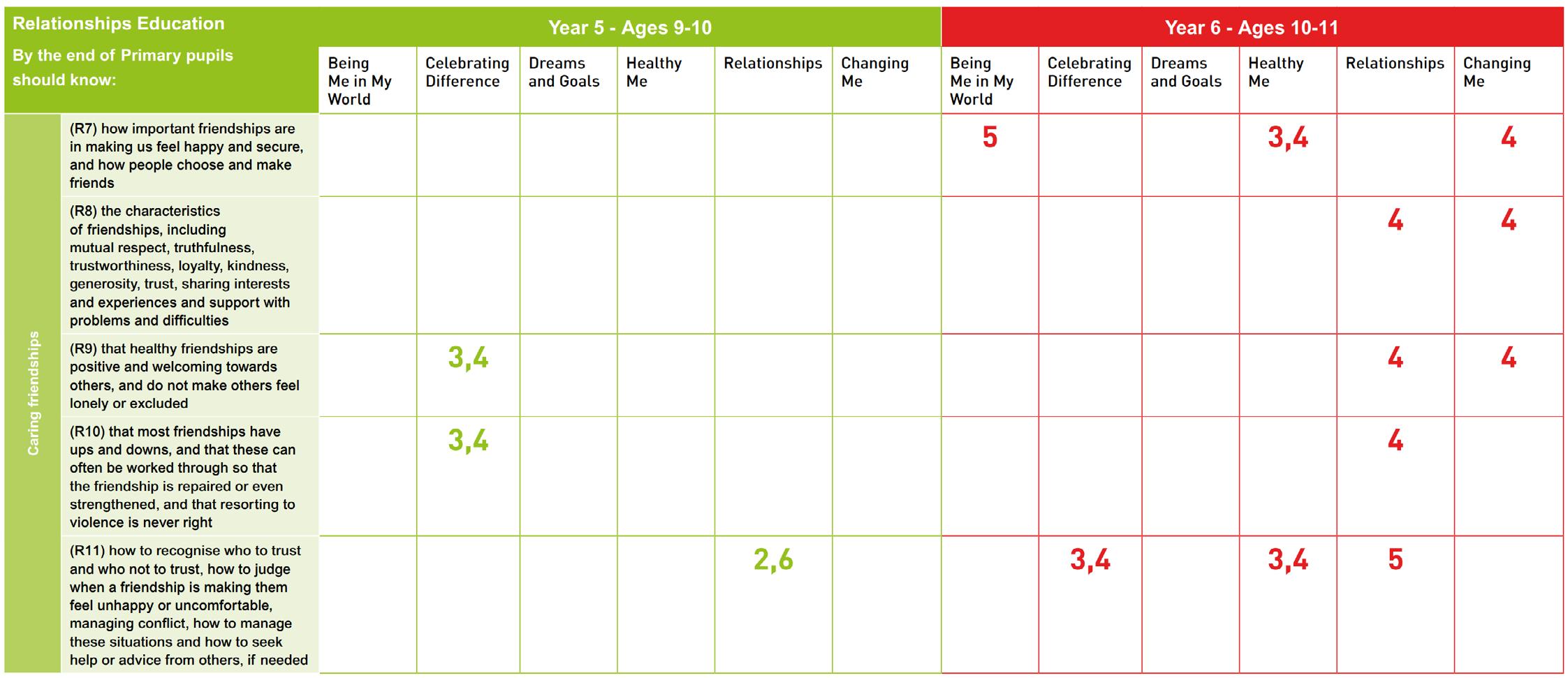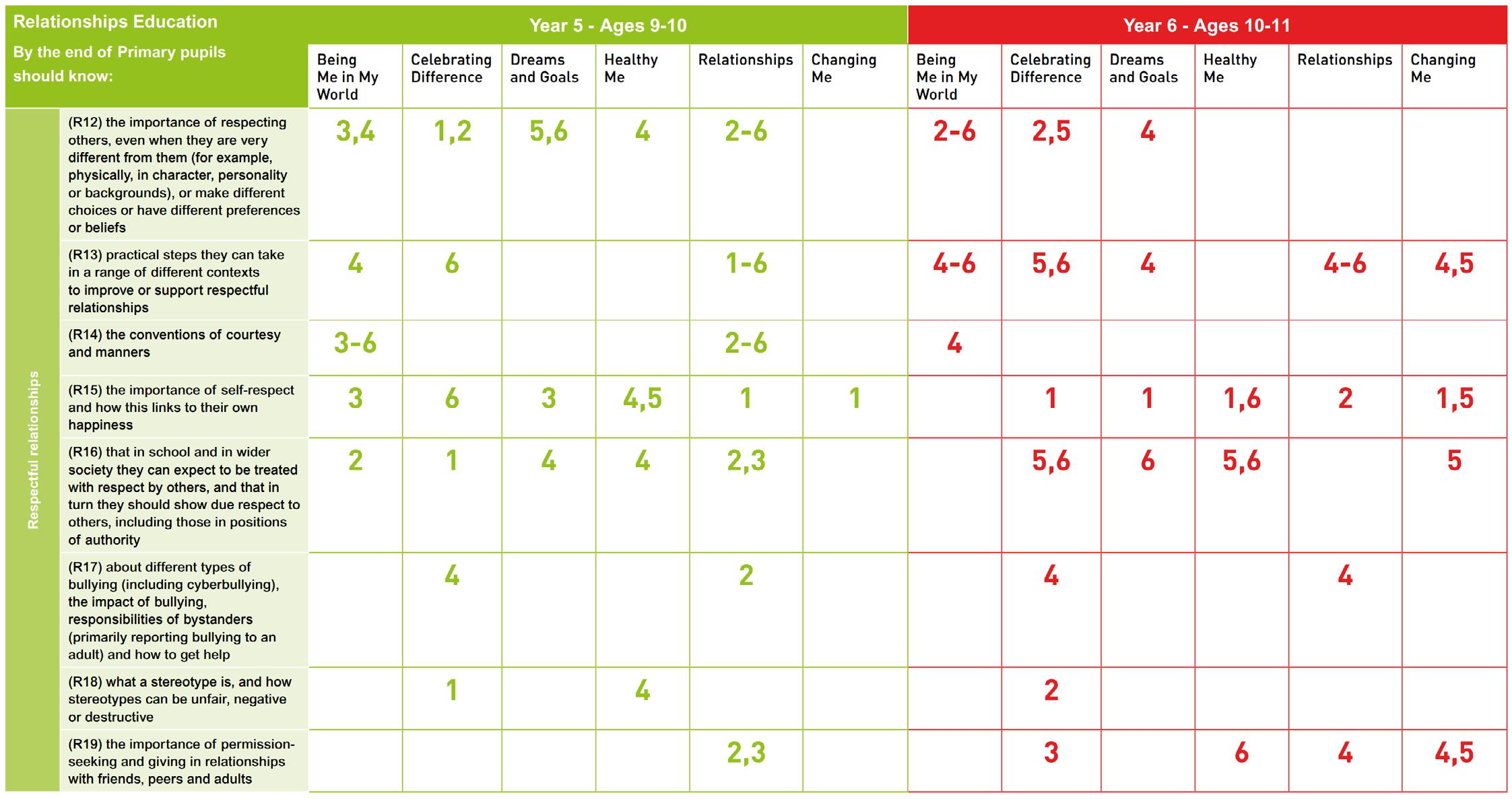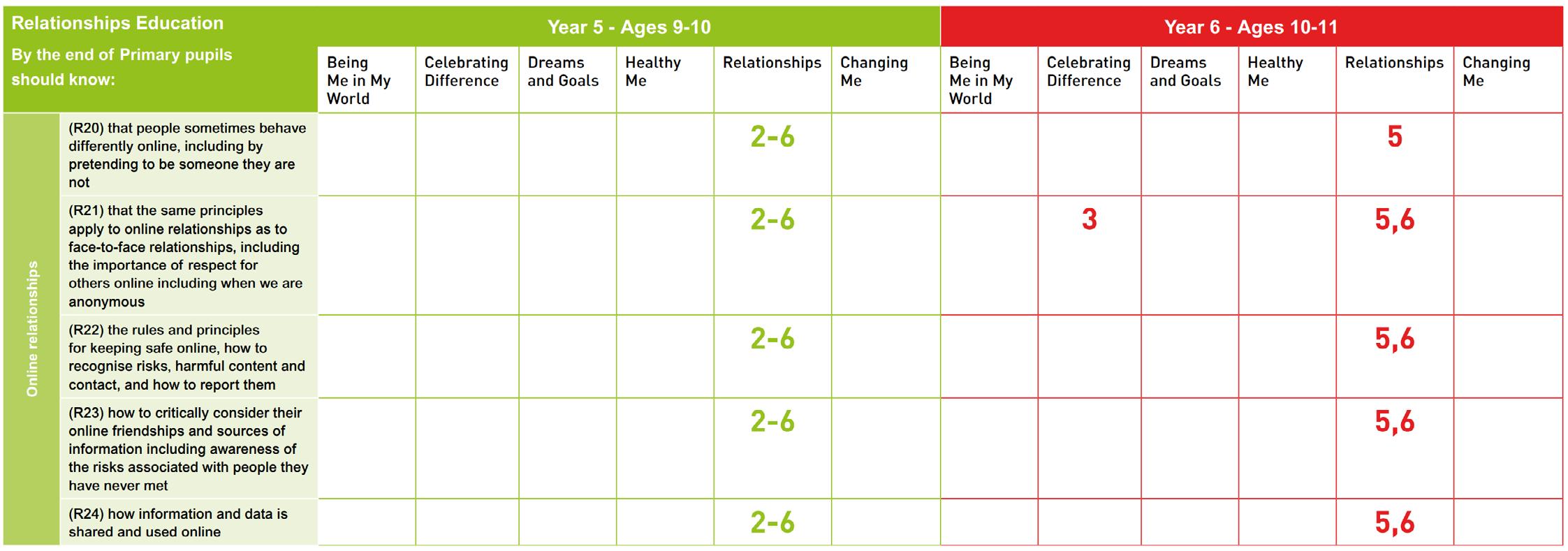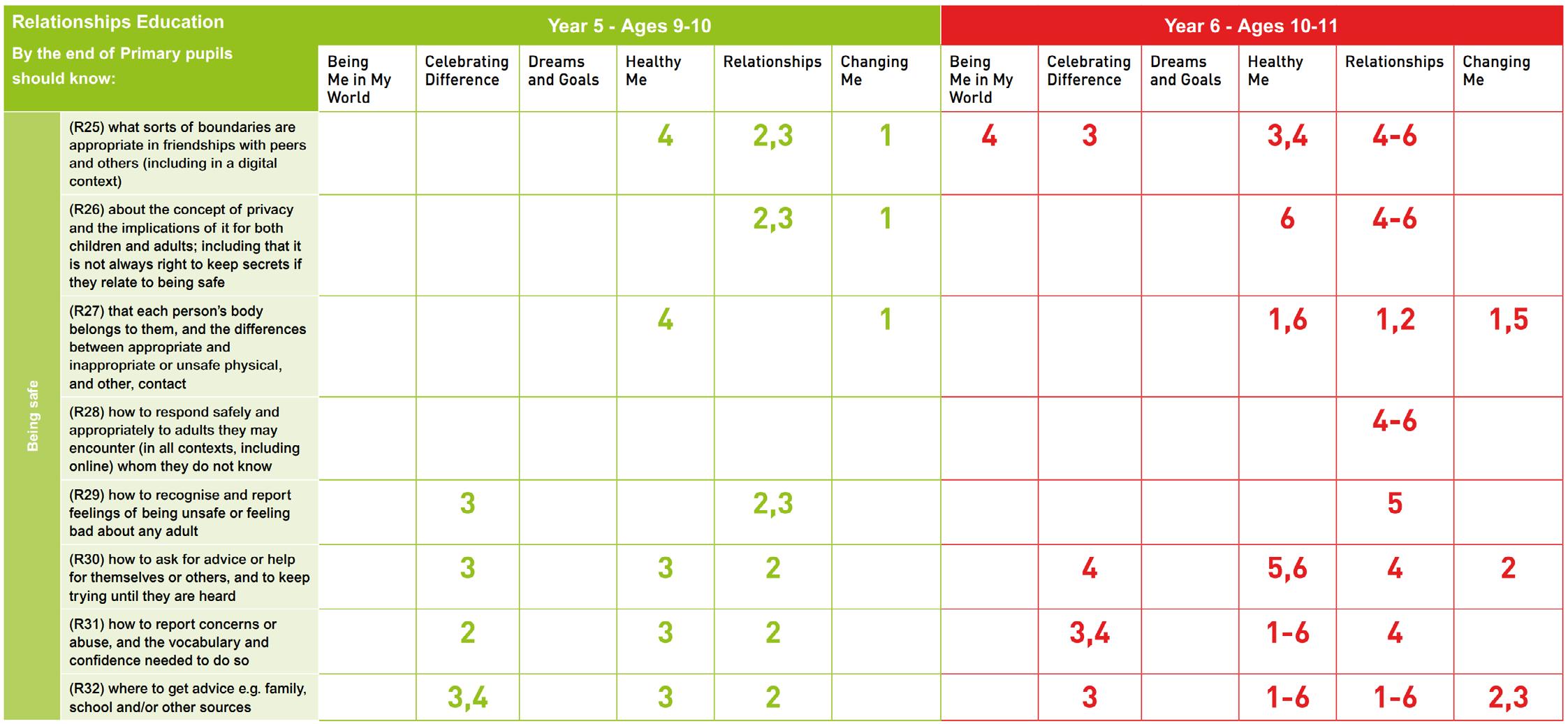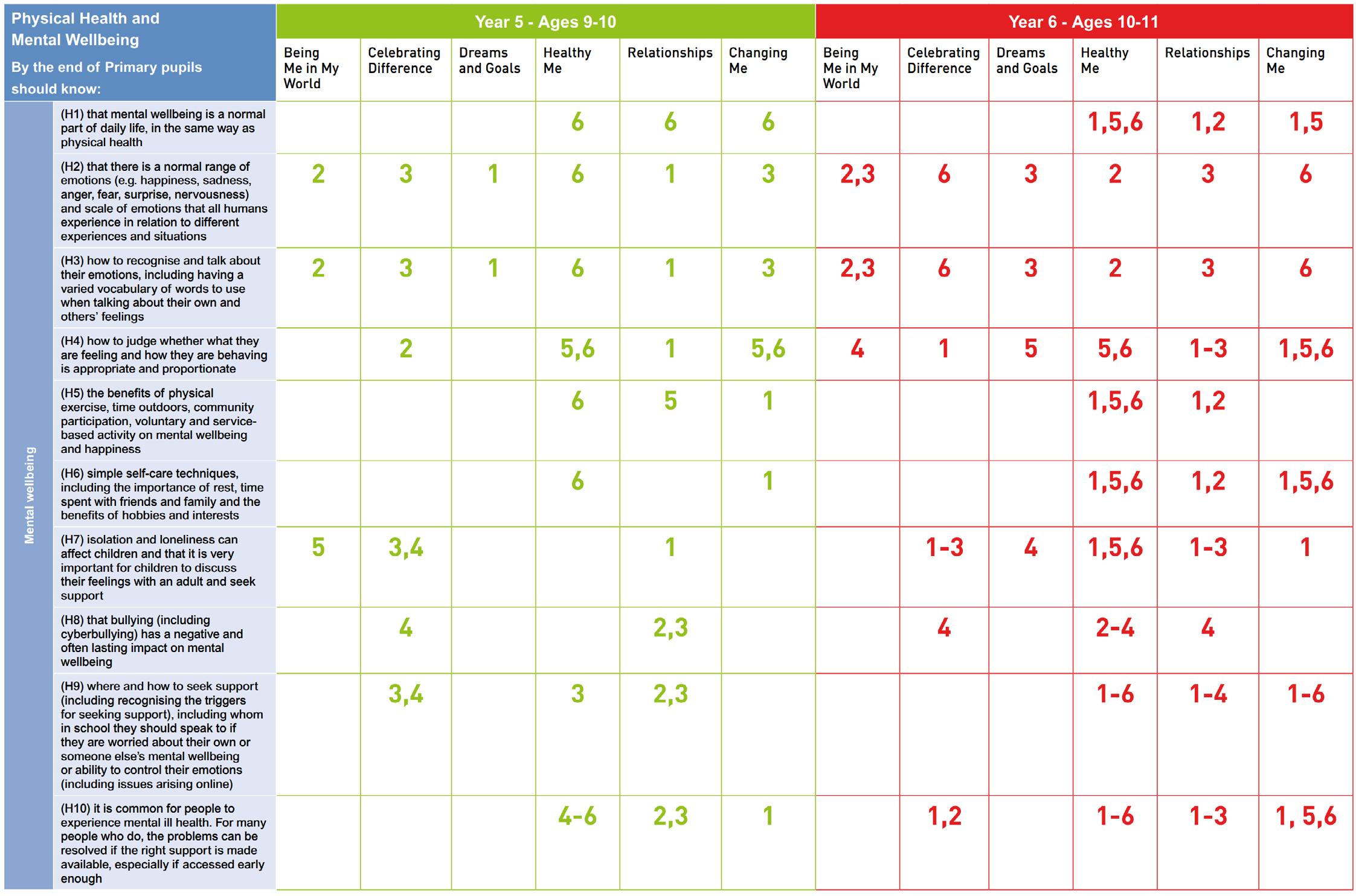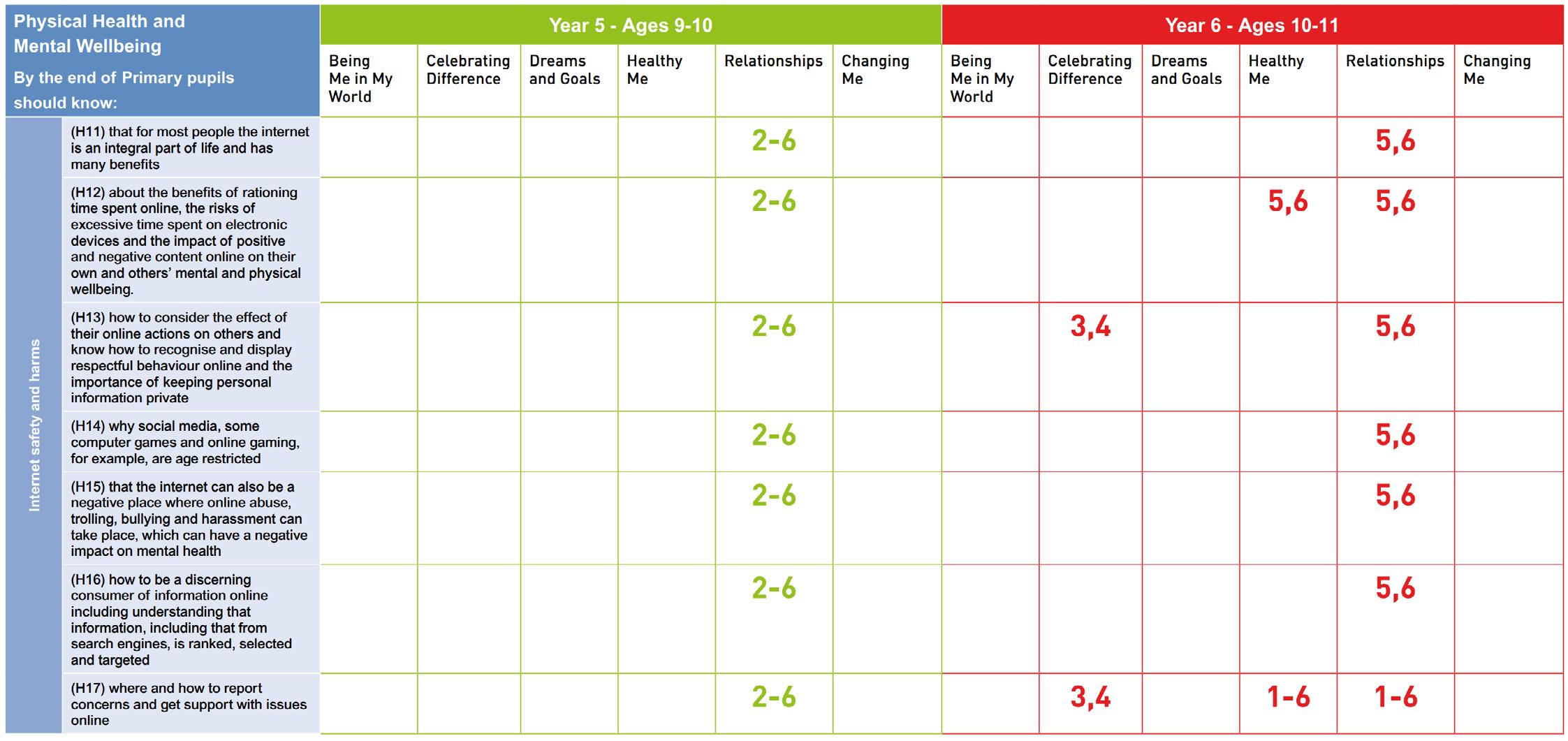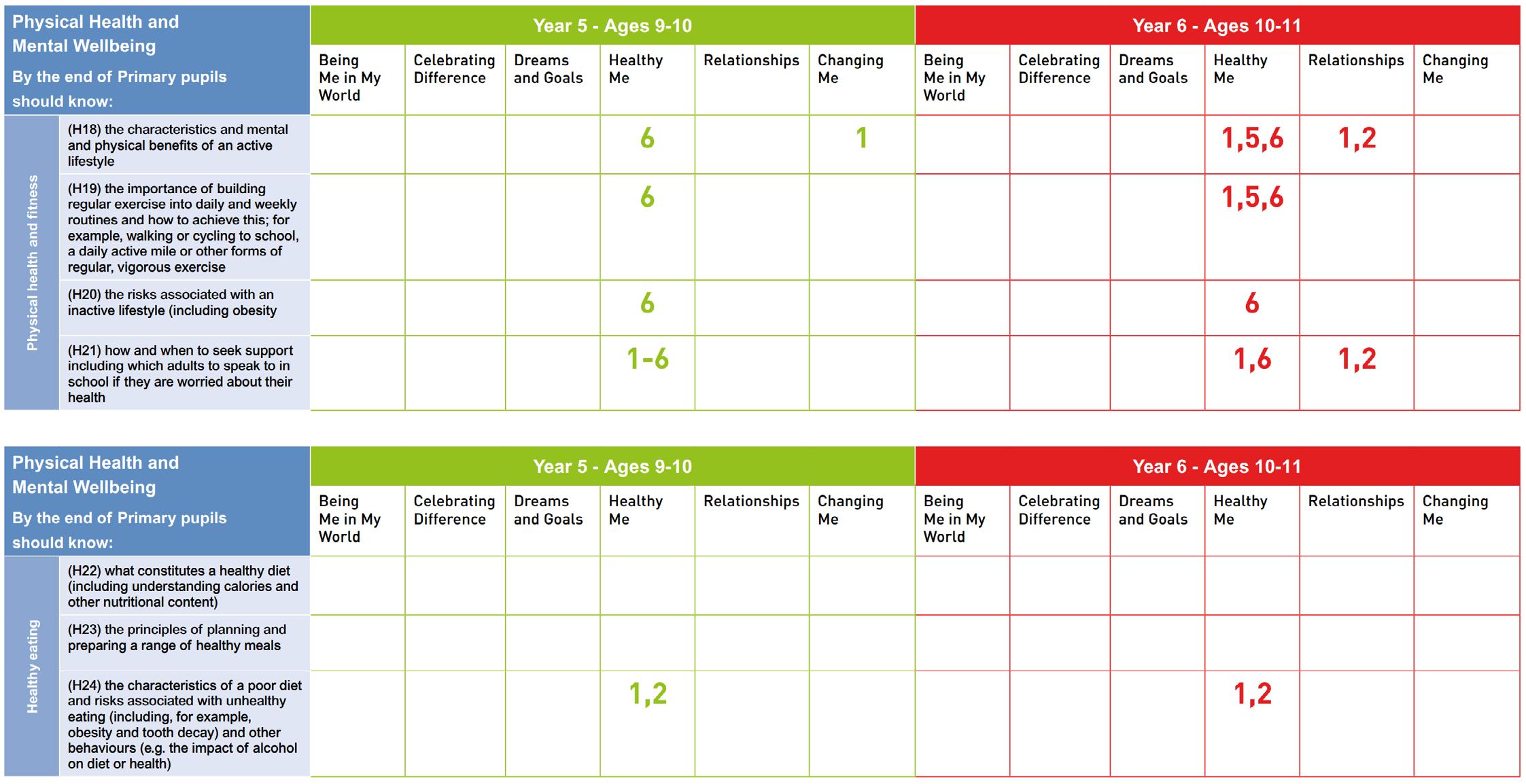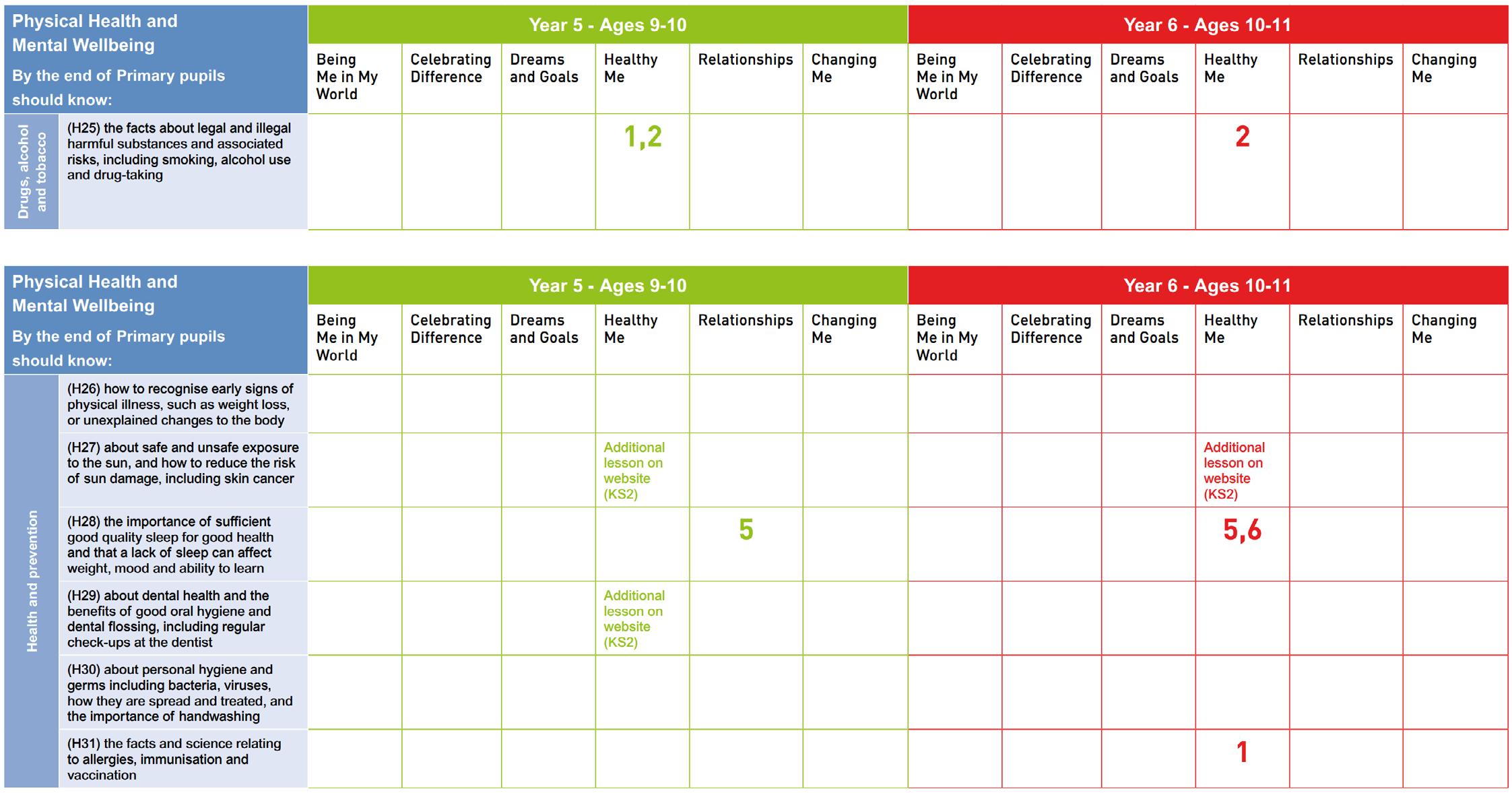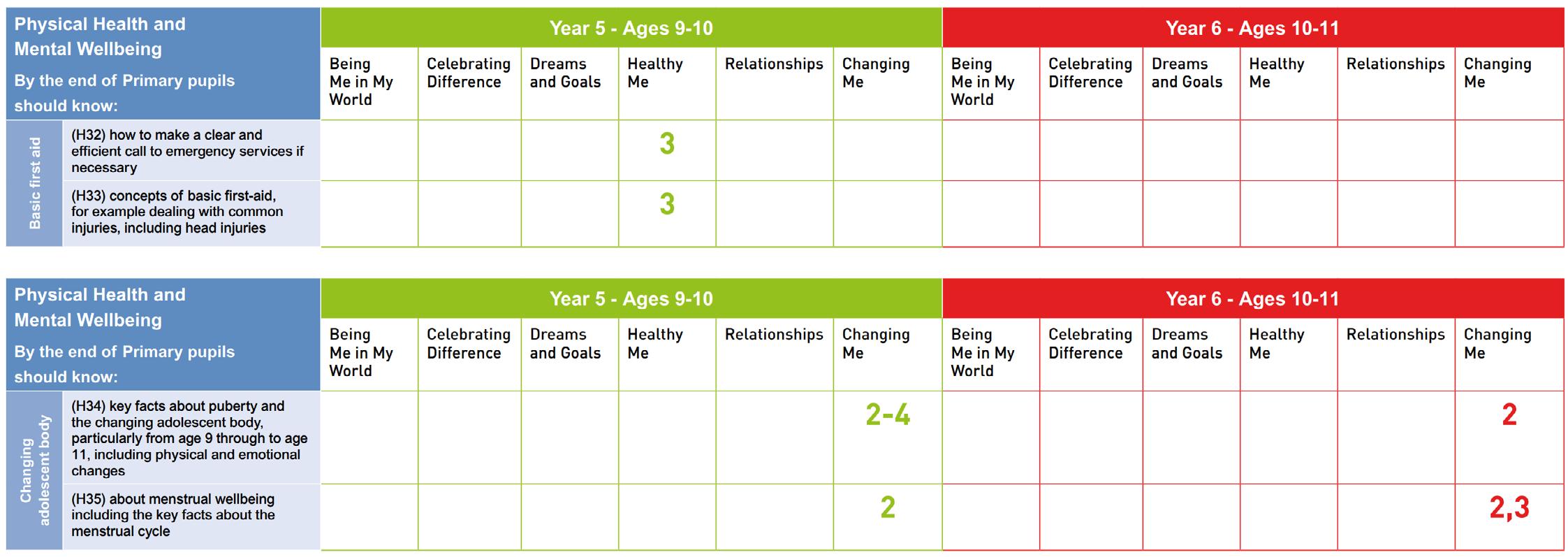Relationships and Sex Education Policy
Owner: Heads of School
Reviewers: Directors of Academic Studies, Heads of School
Approved by: Heads of School
Approved by President: Yes
Date approved: November 2024
Next review due by: June 2026
1. Aims
The aims of relationships and sex education (RSE) at our school are to:
Provide a framework in which sensitive discussions relating to RSE can take place
● Prepare pupils for the physical and emotional changes associated with puberty, and give them an understanding of sexual development and the importance of health and hygiene
● Help pupils develop feelings of self-respect, confidence and empathy
● Provide a sex education programme that is based on scientific fact, whilst also providing awareness of social and emotional aspects of sex
● Help pupils understand the importance of healthy relationships and how to stay safe both on and offline
2. Statutory requirements
At British School of Bucharest (BSB) we teach RSE as set out in this policy.
As an international School we do not have to follow the British National Curriculum but we are expected to offer all pupils a curriculum that is similar to the National Curriculum including requirements to teach sex education.
We follow the new Statutory guidelines from the UK for RSE and Health Education that came into effect in 2020. The link is below:
https://www.gov.uk/government/publications/relationships-education-relationships-and-sex-education-rse-and-health-education
Whilst also taking into account previous UK Acts:
Section 403 of the Education Act 1996.
Section 34 of the Children and Social work act 2017
BSB also ensures that the teaching of RSE conforms to Romanian educational legislation: In Romania, the Parliament adopted amendments to Law 272/2004 on the protection and promotion of children’s rights in 2022. These amendments stipulate that schools must run health education programs in year 10 (age 14-15) with the written consent of parents, in order to prevent sexually transmitted diseases and pregnancy in minors.
This is an optional subject in Romania. BSB chooses to offer this subject to pupils earlier than in Romania, in line with UK law, because early information provides a greater degree of prevention.
3. Definition
RSE refers to the emotional, social, health, moral and cultural development of pupils and involves learning about relationships, sexuality, healthy lifestyles, diversity, equality and personal identity. RSE involves sharing age-appropriate information and exploring relevant issues. RSE does not refer to the promotion of sexual activity
4. Curriculum
Our curriculum is set out as per Appendices 1 and 2 but we may need to adapt it as and when necessary. The Primary School follows the Jigsaw PSHE scheme of work which is tailored to meet the needs of the pupils and local context.
Safeguarding and confidentiality
It may be the case that discussion around what is acceptable and not acceptable in relationships may lead to the disclosure of a child protection issue. Personal information about children who have approached a teacher for discussion should not be shared with any other person but would be subject to the guidelines of our safeguarding policy.
If a staff member is approached by a BSB student under 16 years of age who is having, or is contemplating having sexual intercourse, for both hetero - or homosexual sex, the teacher should alert the Designated Safeguarding Lead by following the relevant Safeguarding policy. Reporting the concern should happen if it is believed there is coercion or abuse involved, but equally if it is believed the relationship is consensual
If a member of staff is informed that any BSB pupil has been exposed to sexual acts or pornographic material, this must be referred to the Designated Safeguarding Lead, and dealt with under child protection procedures. Students with special educational needs may be more vulnerable to exploitation and less able to protect themselves from harmful influences. If staff are concerned that this is the case, they should seek support from Head teachers of both Primary and Secondary or the Designated Safeguarding Lead, to decide what is in the best interest of the child.
Contraception – advice is not to be given individually or personally, but only to a group with reference to the legal situation and the aspect of sexually transmitted diseases. Students can be provided with charity organisations or approved agencies that can provide further advice, such as the NHS. Teachers are to be sensitive to the diversity of religious beliefs regarding contraception.
Questions – staff are keen to answer difficult questions within class, but answers will always focus on the classroom learning aspects, be hypothetical and appropriate to the whole class. Questions will not be handled on a personal basis or with individual students and no advice must be offered. If pupils ask questions outside the scope of this policy, teachers will respond in an appropriate, formal manner so they are fully informed and are therefore less likely to seek answers online. Teachers will also not answer questions that they are unsure of until a later lesson when they have researched or found out the correct answer. Teachers are expected to seek advice from the PSHE co-ordinator, Directors of Pastoral Care and Inclusion or Heads of School where necessary.
5. Delivery of RSE
RSE is taught within the personal, social, health and economic (PSHE) education curriculum. Biological aspects of RSE are taught within the science curriculum.
Primary school
Relationships education focuses on teaching the fundamental building blocks and characteristics of positive relationships including:
● Families and people who care for me
● Caring friendships
● Respectful relationships
● Online relationships
● Being safe
For more information about our RSE curriculum, see Appendix 2.
Secondary school
RSE is delivered within the PSHE program. This is not necessarily delivered by form tutors. Please see the PSHE policy for further detail on time allocation.
RSE focuses on giving young people the information they need to help them develop healthy, nurturing relationships of all kinds including:
● Families
● Respectful relationships, including friendships
● Online and media
● Being safe
● Intimate and sexual relationships, including sexual health
For more information about our RSE curriculum, see Appendices 1 and 3.
These areas of learning are taught within the context of family life, taking care to ensure that there is no stigmatisation of children based on their home circumstances (families can include single parent families, LGBTQ+ parents, families headed by grandparents, adoptive parents, foster parents/carers amongst other structures) along with reflecting sensitively that some children may have a different structure of support around them (for example: looked after children or young carers).
These areas of learning will also be taught in an inclusive manner that acknowledges diversity.
6. Roles and responsibilities
6.1
Leadership team
The Heads of primary and secondary are responsible for ensuring that RSE is taught consistently across the school, and for managing requests to withdraw pupils from components of RSE (see section 8).
In the secondary school, the Director of Pastoral Care and Inclusion is the line manager of the PSHE co-ordinator, while this is managed by the Director of Academic Studies in the Primary School..
6.2 Delivering Staff
Staff are responsible for:
● Delivering RSE in a sensitive way
● Modelling positive attitudes to RSE
● Monitoring progress
● Responding to the needs of individual pupils
● Responding appropriately to pupils whose parents wish them to be withdrawn from the components of RSE. According to Romanian legislation permission is granted for children to attend RSE lessons which are delivered only to children in Year 10 or above and parents have the right to withdraw their child from these lessons.
● Using the school safeguarding policy and recording disclosures or concerns in the correct manner
● Using the whistle blowing policy
● Contributing to the PSHE improvement plan by offering suggestions
Staff do not have the right to opt out of teaching RSE. Staff who have concerns about teaching RSE are encouraged to seek support and advice from the PSHE coordinator and/or the pastoral deputy heads, who will sensitively help with issues that they may be facing.
6.3 Pupils
Pupils are expected to engage fully in RSE and, when discussing issues related to RSE, treat others with respect and sensitivity.
7.1. Parents’ consent
The Parents’ consent should be put in writing using the form found in Appendix 4.1. of this policy. A copy of Parents’ consent will be placed in the pupil’s educational record.
7.2. Parents’ right to withdraw
Primary school
Parents do not have the right to withdraw their children from relationships education, apart from aspects relating to puberty. Pupils will not be taught about human reproduction or sexual activity in the primary school.
Secondary school
Parents have the right to withdraw their children from the non-statutory/non-science components of sex education within RSE at any point. This request should be made in writing to the PSHE Coordinator and Leadership Team. Non-science components of Sex Education (as part of health education) is only taught from Year 10 in accordance with Romanian legislation.
Requests for withdrawal should be put in writing using the form found in Appendix 4.2. of this policy and addressed to the Heads of School or a member of the leadership team.
A copy of withdrawal requests will be placed in the pupil’s educational record. A member of the SLT will discuss the request with parents and take appropriate action.
Alternative work will be given to pupils who are withdrawn from sex education.
8. Training
Staff will be offered training on the delivery of RSE as part of their induction and it is included in our continuing professional development calendar.
Appropriate visitors from outside the school may also be invited, such as school nurses or sexual health professionals, to provide support and training to staff teaching RSE.
9. Monitoring arrangements
The delivery of RSE is monitored by the Heads of primary and secondary and PSHE coordinators through:
● Revising the shared resources
● Assessment of pupil work
● Short lesson observations
● Termly PSHE team feedback meetings
● Line management meetings
● Student feedback
Pupils’ development in RSE is monitored by class teachers as part of our internal assessment systems. This policy will be reviewed by the leadership team annually.
Appendix
2: By the end of primary school pupils should know (UK Statutory RSE guidelines)
TOPIC PUPILS SHOULD KNOW
Families and people who care about me
• That families are important for children growing up because they can give love, security and stability
• The characteristics of healthy family life, commitment to each other, including in times of difficulty, protection and care for children and other family members, the importance of spending time together and sharing each other’s lives
• That others’ families, either in school or in the wider world, sometimes look different from their family, but that they should respect those differences and know that other children’s families are also characterised by love and care
• That stable, caring relationships, which may be of different types, are at the heart of happy families, and are important for children’s security as they grow up
• That marriage represents a formal and legally recognised commitment of two people to each other which is intended to be lifelong
• How to recognise if family relationships are making them feel unhappy or unsafe, and how to seek help or advice from others if needed
Caring friendships
• How important friendships are in making us feel happy and secure, and how people choose and make friends
• The characteristics of friendships, including mutual respect, truthfulness, trustworthiness, loyalty, kindness, generosity, trust, sharing interests and experiences and support with problems and difficulties
• That healthy friendships are positive and welcoming towards others, and do not make others feel lonely or excluded
• That most friendships have ups and downs, and that these can often be worked through so that the friendship is repaired or even strengthened, and that resorting to violence is never right
• How to recognise who to trust and who not to trust, how to judge when a friendship is making them feel unhappy or uncomfortable, managing conflict, how to manage these situations and how to seek help or advice from others, if needed
Respectful relationships
Online relationships
• The importance of respecting others, even when they are very different from them (for example, physically, in character, personality or backgrounds), or make different choices or have different preferences or beliefs
• Practical steps they can take in a range of different contexts to improve or support respectful relationships
• The conventions of courtesy and manners
• The importance of self-respect and how this links to their own happiness
• That in school and in wider society they can expect to be treated with respect by others, and that in turn they should show due respect to others, including those in positions of authority
• About different types of bullying (including cyberbullying), the impact of bullying, responsibilities of bystanders (primarily reporting bullying to an adult) and how to get help
• What a stereotype is, and how stereotypes can be unfair, negative or destructive
• The importance of permission-seeking and giving in relationships with friends, peers and adults
• That people sometimes behave differently online, including by pretending to be someone they are not
• That the same principles apply to online relationships as to face-to face relationships, including the importance of respect for others online including when we are anonymous
• The rules and principles for keeping safe online, how to recognise risks, harmful content and contact, and how to report them
• How to critically consider their online friendships and sources of information including awareness of the risks associated with people they have never met
• How information and data is shared and used online
Being safe
• What sorts of boundaries are appropriate in friendships with peers and others (including in a digital context)
• About the concept of privacy and the implications of it for both children and adults; including that it is not always right to keep secrets if they relate to being safe
• That each person’s body belongs to them, and the differences between appropriate and inappropriate or unsafe physical, and other, contact
• How to respond safely and appropriately to adults they may encounter (in all contexts, including online) whom they do not know
• How to recognise and report feelings of being unsafe or feeling bad about any adult
• How to ask for advice or help for themselves or others, and to keep trying until they are heard
• How to report concerns or abuse, and the vocabulary and confidence needed to do so
• Where to get advice e.g. family, school and/or other sources
TOPIC PUPILS SHOULD KNOW
Families
• That there are different types of committed, stable relationships
• How these relationships might contribute to human happiness and their importance for bringing up children
• What marriage is, including their legal status e.g. that marriage carries legal rights and protections not available to couples who are cohabiting or who have married, for example, in an unregistered religious ceremony
• Why marriage is an important relationship choice for many couples and why it must be freely entered into
• The characteristics and legal status of other types of long-term relationships
• The roles and responsibilities of parents with respect to raising of children, including the characteristics of successful parenting
• How to: determine whether other children, adults or sources of information are trustworthy: judge when a family, friend, intimate or other relationship is unsafe (and to recognise this in others’ relationships); and, how to seek help or advice, including reporting concerns about others, if needed
Respectful relationships, including friendships
Online and media
• The characteristics of positive and healthy friendships (in all contexts, including online) including: trust, respect, honesty, kindness, generosity, boundaries, privacy, consent and the management of conflict, reconciliation and ending relationships. This includes different (non-sexual) types of relationship
• Practical steps they can take in a range of different contexts to improve or support respectful relationships
• How stereotypes, in particular stereotypes based on sex, gender, race, religion, sexual orientation or disability, can cause damage (e.g. how they might normalise non-consensual behaviour or encourage prejudice)
• That in school and in wider society they can expect to be treated with respect by others, and that in turn they should show due respect to others, including people in positions of authority and due tolerance of other people’s beliefs
• About different types of bullying (including cyberbullying), the impact of bullying, responsibilities of bystanders to report bullying and how and where to get help
• That some types of behaviour within relationships are criminal, including violent behaviour and coercive control
• What constitutes sexual harassment and sexual violence and why these are always unacceptable
• The legal rights and responsibilities regarding equality (particularly with reference to the protected characteristics as defined in the Equality Act 2010) and that everyone is unique and equal
• Their rights, responsibilities and opportunities online, including that the same expectations of behaviour apply in all contexts, including online
• About online risks, including that any material someone provides to another has the potential to be shared online and the difficulty of removing potentially compromising material placed online
• Not to provide material to others that they would not want shared further and not to share personal material which is sent to them
• What to do and where to get support to report material or manage issues online
• The impact of viewing harmful content
• That specifically sexually explicit material e.g. pornography presents a distorted picture of sexual behaviours, can damage the way people see themselves in relation to others and negatively affect how they behave towards sexual partners
• That sharing and viewing indecent images of children (including those created by children) is a criminal offence which carries severe penalties including jail
• How information and data is generated, collected, shared and used online
Being safe
Intimate and sexual relationships, including sexual health
• The concepts of, and laws relating to, sexual consent, sexual exploitation, abuse, grooming, coercion, harassment, rape, domestic abuse, forced marriage, honour-based violence and FGM, and how these can affect current and future relationships
• How people can actively communicate and recognise consent from others, including sexual consent, and how and when consent can be withdrawn (in all contexts, including online)
• How to recognise the characteristics and positive aspects of healthy one-to-one intimate relationships, which include mutual respect, consent, loyalty, trust, shared interests and outlook, sex and friendship
• That all aspects of health can be affected by choices they make in sex and relationships, positively or negatively, e.g. physical, emotional, mental, sexual and reproductive health and wellbeing
• The facts about reproductive health, including fertility and the potential impact of lifestyle on fertility for men and women
• That there are a range of strategies for identifying and managing sexual pressure, including understanding peer pressure, resisting pressure and not pressurising others
• That they have a choice to delay sex or to enjoy intimacy without sex
• The facts about the full range of contraceptive choices, efficacy and options available
• The facts around pregnancy including miscarriage
• That there are choices in relation to pregnancy (with medically and legally accurate, impartial information on all options, including keeping the baby, adoption, abortion and where to get further help). See footnote below.
• How the different sexually transmitted infections (STIs), including HIV/AIDs, are transmitted, how risk can be reduced through safer sex (including through condom use) and the importance of and facts about testing
• About the prevalence of some STIs, the impact they can have on those who contract them and key facts about treatment
• How the use of alcohol and drugs can lead to risky sexual behaviour
• How to get further advice, including how and where to access confidential sexual and reproductive health advice and treatment
Footnote: Although this topic is not explicitly taught in Secondary, regarding abortion this will only be presented as a definition of medical termination of a pregnancy. No opinions or contexts should be offered, or personal experiences. At all times, local, national or federal legislation on this topic must be respected. It should be highlighted that this is a sensitive topic. See scheme of work and lesson materials for further information.

